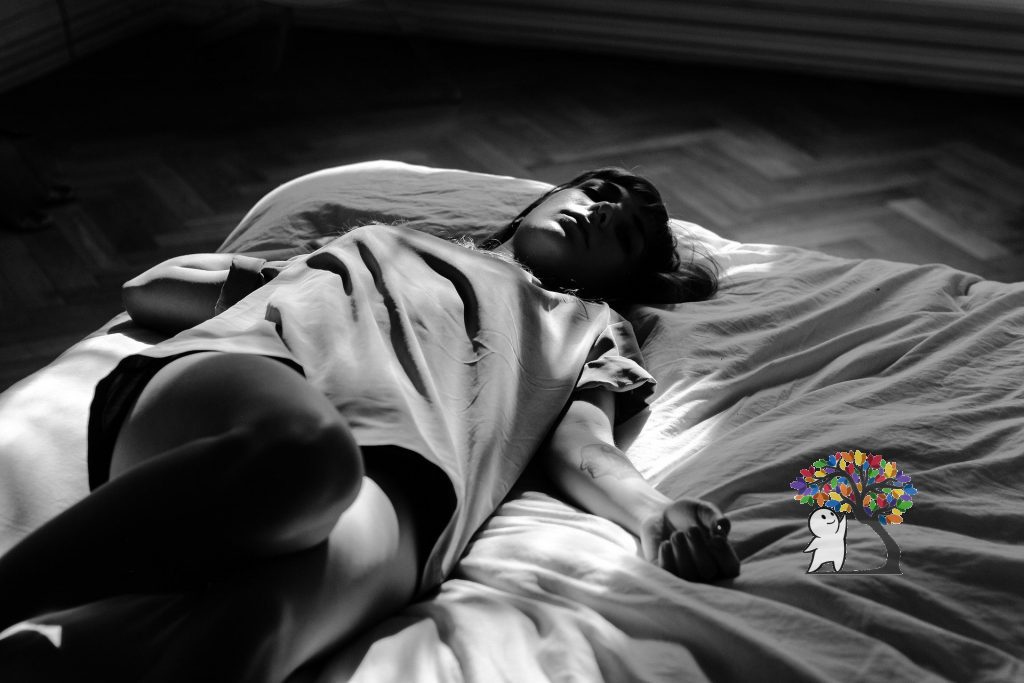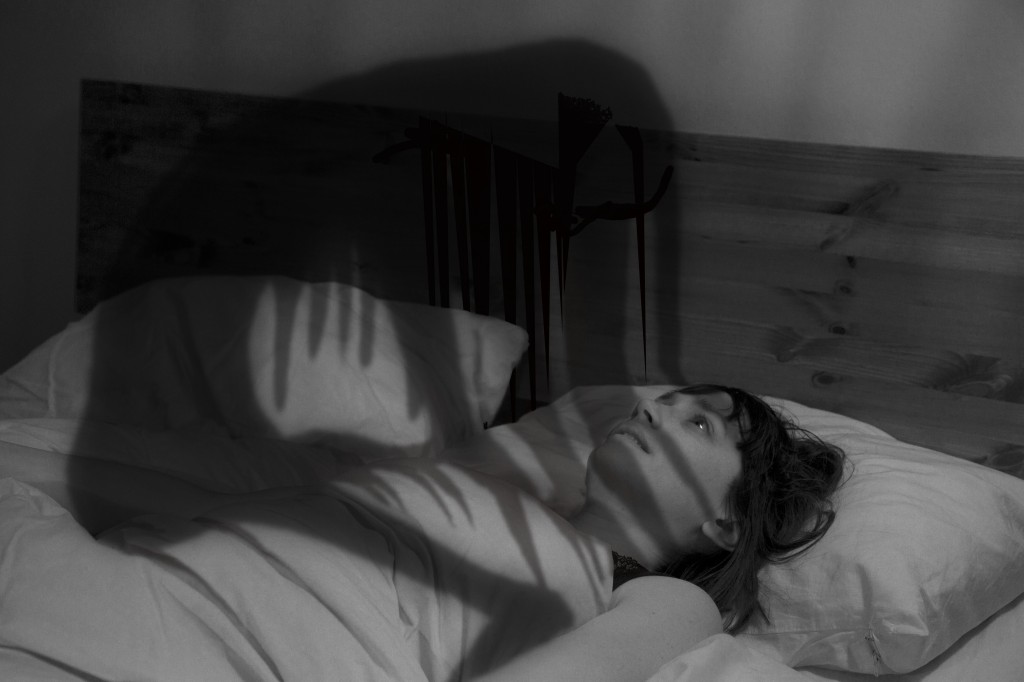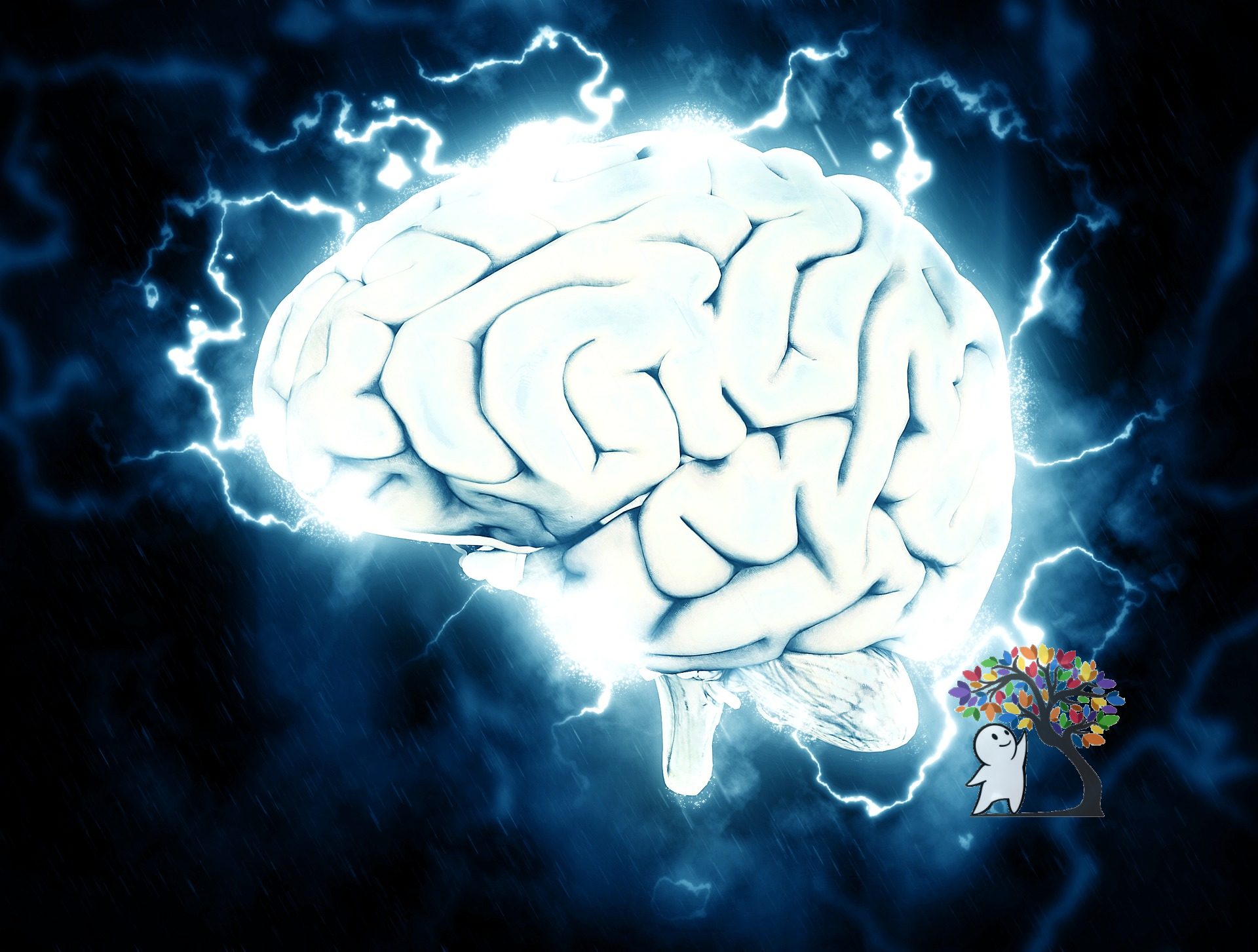10 Facts About Sleep Paralysis

Sleep paralysis is when a person wakes up and is aware but is still unable to move or speak. The sufferer may appear normal and silent, even calm, with quiet breathing and open eyes. But that’s because they’re paralyzed. It’s common for people in sleep paralysis to feel a weight on their chest like they can’t breathe, or perhaps like they’re of choking. During an episode, a person may start panicking which often results in fear. Overall, it is a very unpleasant thing to experience.
Even for those who don’t experience it, sleep paralysis has been a point of fascination for many years in many cultures. Some people have claimed that the cause has something to do with a demon or spirit coming to visit. Others have linked it to experiences of alien abductions.
Putting the supernatural aside, here are ten facts about sleep paralysis to help you understand it better.

1. It happens mostly to adults
While disruptive sleep disorders, sometimes called parasomnias, are a problem for nearly 70 million Americans of varying ages (Sleep Health), sleep paralysis is one that typically affects adults. It often begins in the teen years and then continues into later life, particularly as an adult’s lifestyle becomes more stressed and sleep-deprived.
2. It’s when the brain awakens before the muscles
When a person wakes up paralyzed but lucid, it means their brain is awake before the rest of their body is. As we sleep, our brains shut off our muscles so that we don’t act out our dreams and hurt ourselves. According to the Live Science website, this is an evolutionary benefit caused by two brain chemicals called glycine and GABA. Usually, the use of the relaxed muscles and our brains waking up happens at the same time, but this is not the case with sleep paralysis.

3. It happens closer to morning
People are more susceptible to episodes of sleep paralysis when they are just about to wake up in the morning. That’s when it’s easier to snap into mental alertness while the body is still trying to finish its deep stage of sleep. In other words, because deep sleep is more “persistent” closer to the morning, it’s then that’s more likely the brain will wake up before the body (Very Well Mind).

4. It can occur with other sleep disorders
Narcolepsy is a sleep disorder that causes people to be overwhelmingly drowsy during the day and fall asleep suddenly. It’s a disorder that interferes with daily life, and if that isn’t bad enough, it’s also a factor contributing to sleep paralysis. Although “not everyone with sleep paralysis has narcolepsy,” the two often do exist together in a person. (Mayo Clinic)
5. Episodes may last several minutes
While most instances of sleep paralysis are short, only lasting a few seconds, some can last longer, reaching a few minutes. It’s possible for them to last even longer, but the likelihood of that is less. (Sleep Help)

6. It is remembered clearly
Because the mind is conscious during sleep paralysis, those who suffer from it usually remember the experience and its often-times terrifying details very clearly. We tend to forget our dreams, even the scary ones, because while we are unconscious the details don’t matter as much. But being aware and alert while dreaming is obviously upsetting because it becomes difficult to understand that what you see isn’t real. Plus, sleep paralysis evokes strong emotions like fear, and we tend to recall such emotions with more clarity. (Very Well Health)
7. Hallucinations are common and often scary
A great deal of people who suffer from sleep paralysis explain that along with the pressure they feel on their chests, they see something ominous sitting there, like a witch or a monster. Without the ability to move and see that it’s not real, you can imagine how frightening that must be. The high level of consciousness occurring during sleep paralysis might be the reason for this, causing scary dreams about witches and monsters to “seem like visions” (Sleep Help).

8. It happens in REM sleep
Most of our dreams take place in a stage of sleep called Rapid Eye Movement, or REM, which we typically reach an hour and a half after falling asleep. We cycle through this type of sleep a few times over the course of a night, and each time we do, the time in REM gets longer, making it more likely for it to continue into brain wakefulness. This usually happens closer to morning.
9. It is genetic
If you have a family member who’s experienced sleep paralysis, your chances of experiencing it are highter, meaning there is evidence that sleep paralysis is linked to genetics. The Journal of Sleep Research completed a twin study and concluded that the genetic influence is just over 50 percent.
10. It can be prevented
In order to prevent sleep paralysis from happening, it’s important to know what triggers it, namely things like sleep deprivation, anxiety, depression, and certain types of medication. There are also several lifestyle habits that work to prevent episodes. Going to sleep and waking up at the same time is one. Having a bedroom that’s a comfortable environment for sleeping, meaning it’s quiet, dark, and a moderate temperature, is another. (NHS)

If you want to know more about sleep paralysis, check out this video on our YouTube channel and if you’re interested in other sleep disorder facts, this is worth a read.
Citations:
(n.d.). Retrieved from https://www.nhs.uk/conditions/sleep-paralysis/.
Denis, D., French, C. C., Rowe, R., Zavos, H. M. S., Nolan, P. M., Parsons, M. J., & Gregory, A. M. (2015, August). A twin and molecular genetics study of sleep paralysis and associated factors. Retrieved from https://www.ncbi.nlm.nih.gov/pmc/articles/PMC4950339/.
Everything You Need to Know About Sleep Paralysis. (2018, October 16). Retrieved from https://www.sleephelp.org/sleep-paralysis/.
Narcolepsy. (2019, January 12). Retrieved from https://www.mayoclinic.org/diseases-conditions/narcolepsy/symptoms-causes/syc-20375497.
Peters, B. (2019, October 24). Is It Sleep Paralysis or a Night Terror? Learn the Key Differences. Retrieved from https://www.verywellhealth.com/is-it-sleep-paralysis-or-a-night-terror-3014767.
Sleep Paralysis Linked to Genetics. (n.d.). Retrieved from https://www.livescience.com/49818-sleep-paralysis-genetic-basis.html.
The State of SleepHealth in America. (n.d.). Retrieved from https://www.sleephealth.org/sleep-health/the-state-of-sleephealth-in-america/.



Responses